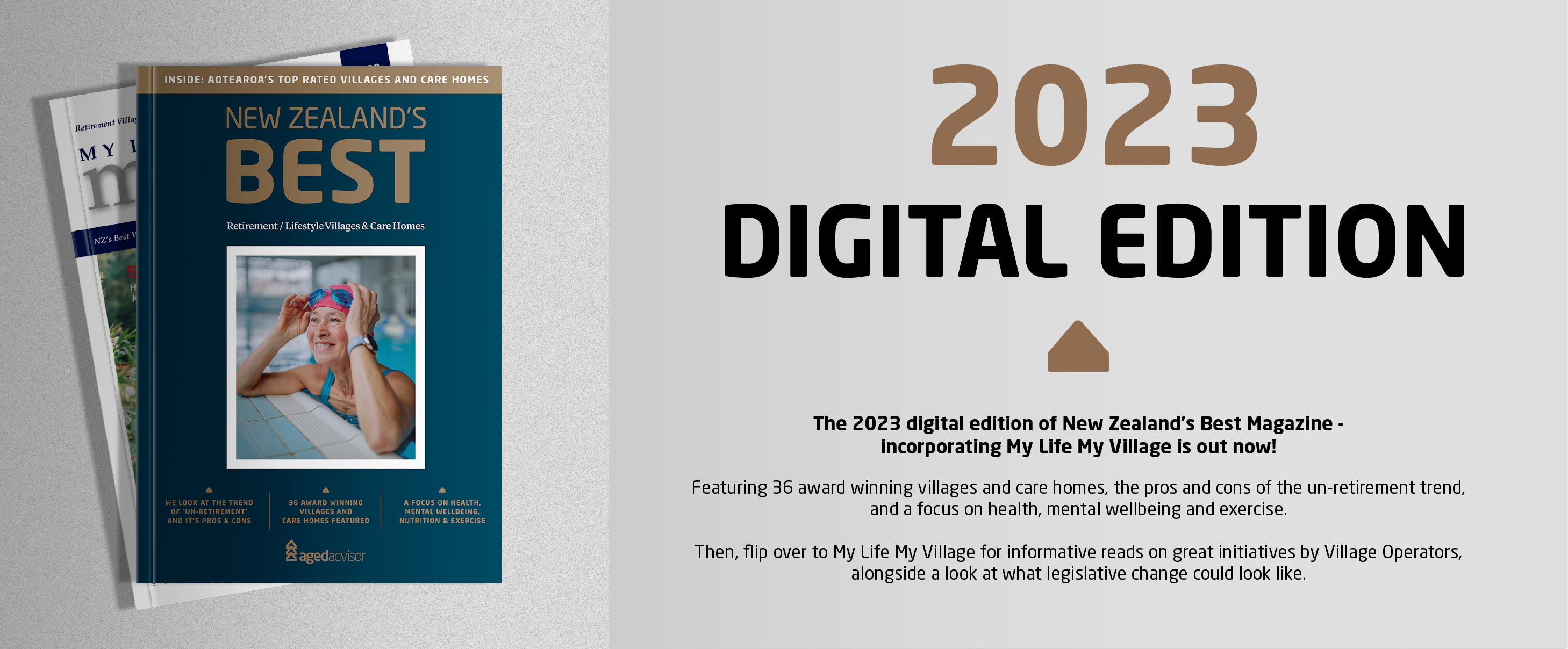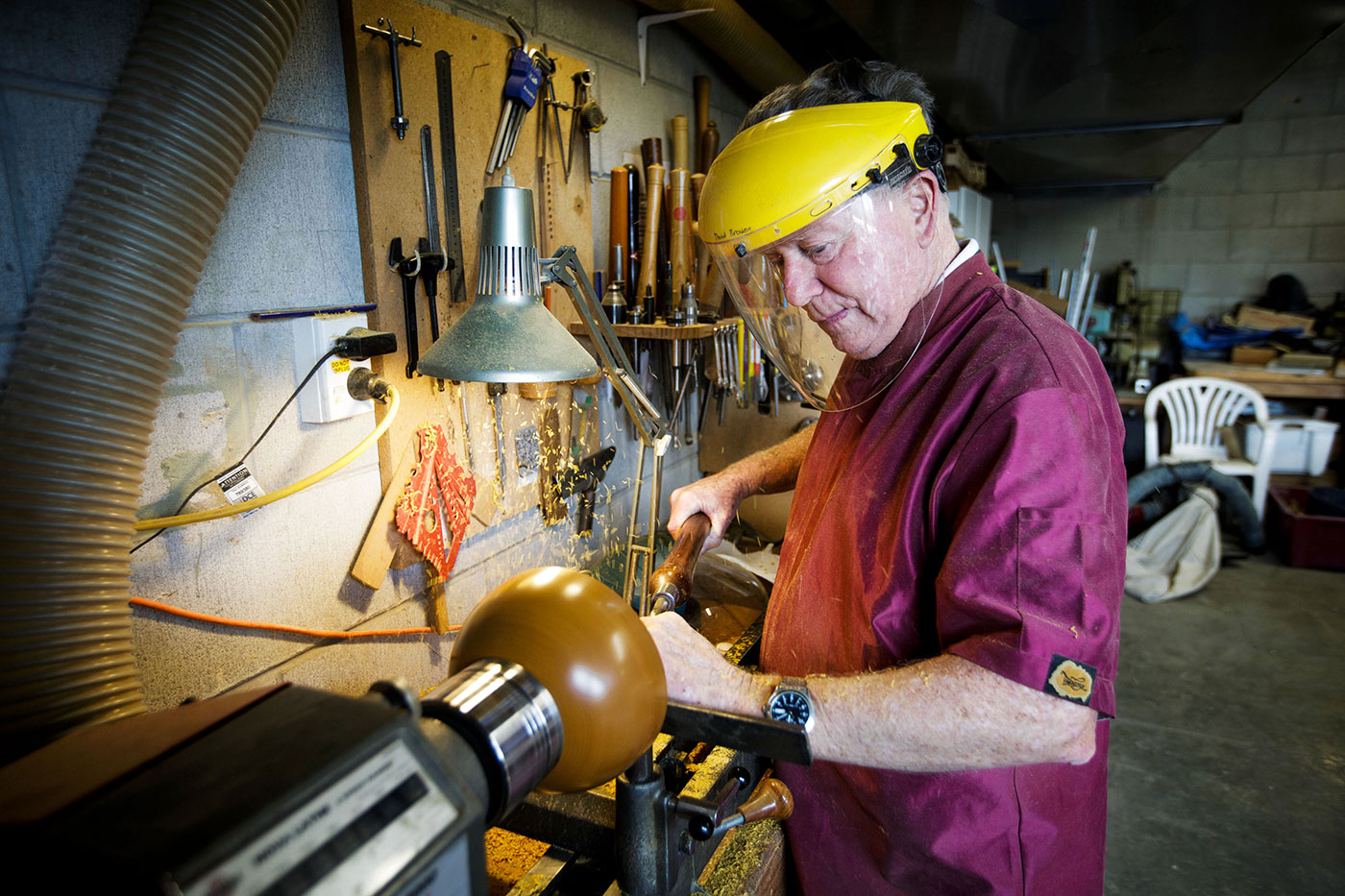
A Great Book for Choosing an Aged Care Facility
If you (or a loved one) are needing to make the move to 'aged care', whether it be rest home, hospital or other level of care then you will have some questions. There's a fantastic wee book that answers many of the questions you will have, written by two NZ Registered Nurses (RN), Jenny Moloney & Heather Johnston. Like Aged Advisor, they believe that you deserve to have the best information available to navigate this next stage of life.
Here's the preface from their book;
"This is not a technical book for doctors, nurses or others who work in aged-care facilities and we have tried to avoid technical
medical material...
In the Crimean War, Florence Nightingale and her nurses laid down a format for nursing care. Since then ideologues have come and gone with new theories. But we believe in the primacy of good nursing care to maintain health and wellbeing in old age and we are anxious to ensure consumers are aware of what they are entitled to expect. Thus, we have found it necessary to provide an outline of optimal nursing care.
This book has been written at a time when the aged-care sector faces a number of serious issues. These include future bed capacity, regular negative media reports of poor care, and the ratio of care staff to residents employed at facilities. There is also an allied issue of low levels of pay for those employed in the sector, despite the considerable profits made by some owners of aged-care facilities.
In recent years there have been a number of official inquiries and investigations into the aged-care sector which have identified inadequate standards of care and staffing levels, and the ineffectiveness of audit systems. Despite these reports, there appears to have been little or no action taken to improve the situation. These and other issues facing the sector are discussed further in Chapter 7.
The elderly are not a "fashionable" sector in our society, they have very little voice and attract only short-lived media attention. As a society, we sometimes exhibit more public (and media) interest and concern over the care and welfare of animals than we do for our elderly. The elderly often feel invisible and once in an aged-care facility are easily and conveniently put ‚ out of sight and out of mind.
A lot of money is spent on residential aged care and all involved - residents and their relatives - need to know their rights and that their expectations will be met."
We hope that the information in this book will help people to make well informed decisions regarding their choice of aged care facility ‚rest home, hospital-level care, or dementia care. And increasing consumer awareness and expectations of aged care may, in turn, empower consumers and their advocates to become catalysts for change, improving the quality of care and thus the quality of life for New Zealanders in residential aged- care facilities.
And, lest we forget, any one of us may need this type of care at some stage in the future. (July 2013)"
Copies of the book are available by visiting www.decisiontime-thebook.com











